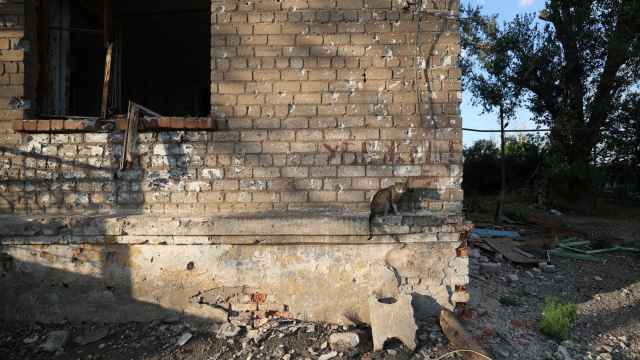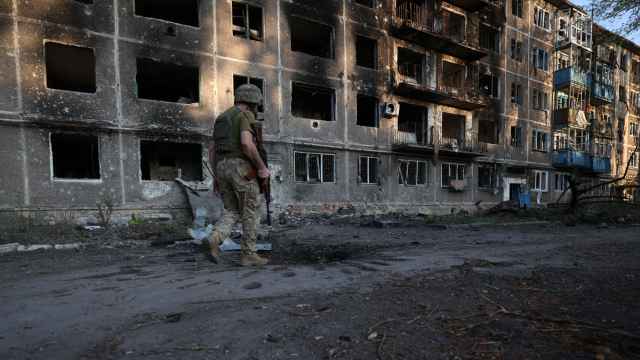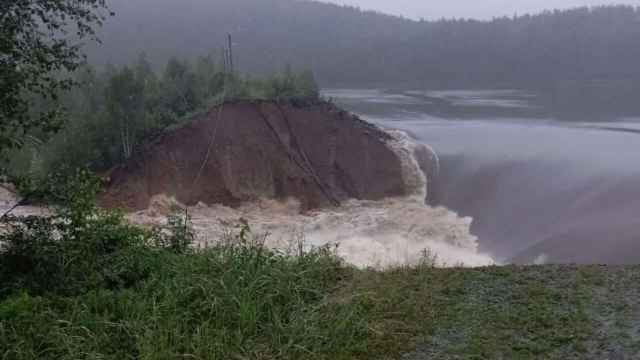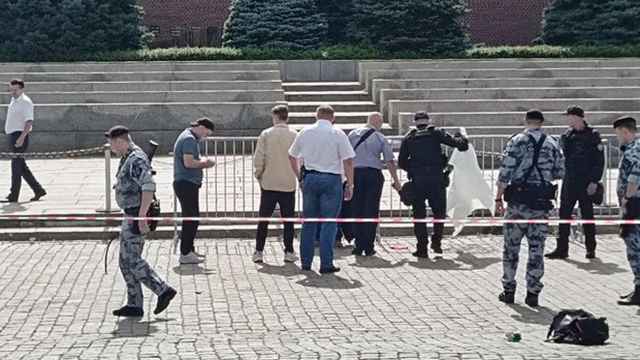BRUSSELS — The European Commission, which has begun talks with Russia, the EU's biggest natural gas supplier, on cementing energy ties until 2050, said both sides had to work on burying carbon emissions or gas would have only a short future as a fuel.
Commissioner for Energy Guenther Oettinger told an EU-Russia conference in Brussels at the end of last week that for the 27-member bloc to continue using gas beyond 2030-2035, it needed carbon capture and storage, or CCS, technology to limit greenhouse gas emissions.
CCS captures climate-warming emissions from power plants and stores the carbon underground, for example in depleted natural gas fields under the sea. But the technology is commercially unproven and costly to build.
"Unfortunately, progress within the EU is very slow. I am also not aware of major activities in the Russian Federation on this issue. We have a joint interest to start working on this issue and develop joint activities," Oettinger said.
Together with Russian Energy Minister Sergei Shmatko, the commission has agreed to work on an "EU-Russia 2050 road map," Oettinger said, to guide ties between the European Union and its biggest gas supplier.
The commission is also seeking a legally binding EU-Russia agreement, which it has been negotiating with Moscow since 2008.
Relations between the two sides have often been tense as the commission seeks to reduce its dependence on Russia and to liberalize its internal market.
Russian pipeline gas-export monopoly Gazprom has taken issue with EU law requiring a separation in ownership between suppliers and infrastructure, such as the Nord Stream pipeline, majority-owned by Gazprom and running from Russia to Germany.
Gazprom is also leading the South Stream pipeline project into Southern Europe.
Oettinger said the EU was "prepared to look at specific cases, with the aim to find pragmatic solutions within the given legal situation."
Ilya Galkin, a senior official in the Russian Energy Ministry, welcomed the prospect of "a new long-term policy," but said the EU law, known as the third energy package, was a problem for investment security.
"We have received expressions of interest regarding investment into the South Stream project from many EU countries."
"They support this project directly, but the situation is quite unclear, as far as the protection of investors is concerned," he added.
The South Stream is a rival to commission-backed plans to bring in gas from Central Asia and the Caspian through a route known as the Southern Corridor as an alternative to Russian supplies.
Oettinger said this did not contradict its relationship with Russia, the EU's prime gas supplier.
"We will continue our efforts to ensure direct and sizeable access to the hydrocarbon source of the Caspian and Central Asian region. We ask Russia to respect our choices and the choices of the countries in the region."
A Message from The Moscow Times:
Dear readers,
We are facing unprecedented challenges. Russia's Prosecutor General's Office has designated The Moscow Times as an "undesirable" organization, criminalizing our work and putting our staff at risk of prosecution. This follows our earlier unjust labeling as a "foreign agent."
These actions are direct attempts to silence independent journalism in Russia. The authorities claim our work "discredits the decisions of the Russian leadership." We see things differently: we strive to provide accurate, unbiased reporting on Russia.
We, the journalists of The Moscow Times, refuse to be silenced. But to continue our work, we need your help.
Your support, no matter how small, makes a world of difference. If you can, please support us monthly starting from just $2. It's quick to set up, and every contribution makes a significant impact.
By supporting The Moscow Times, you're defending open, independent journalism in the face of repression. Thank you for standing with us.
Remind me later.






